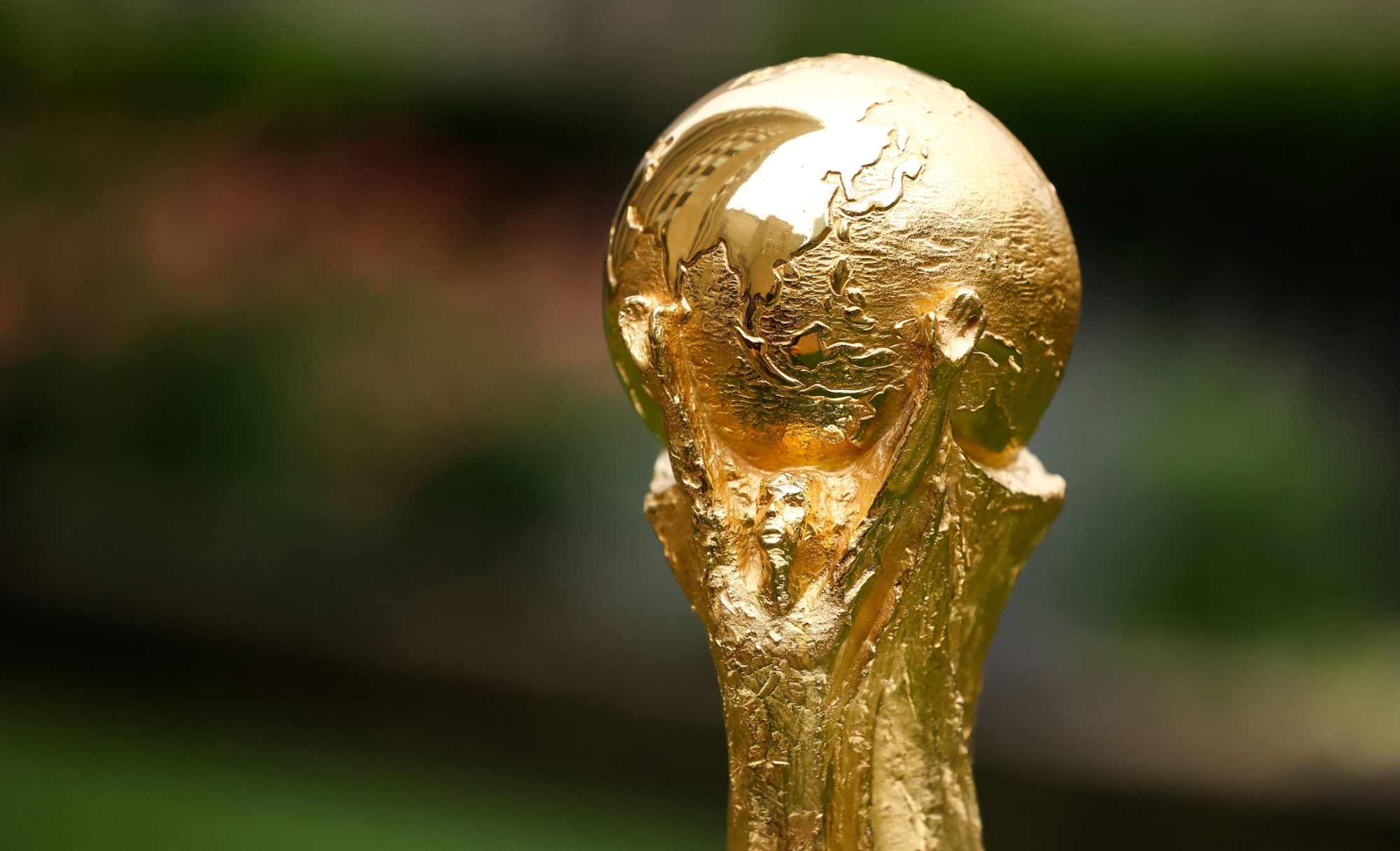The groups representing all European soccer leagues—including the major leagues in England, Spain, Germany, France, and Italy—and players made a legal move against FIFA on Tuesday, announcing they will file a joint complaint to the European Union over the governing body’s expanded international calendar.
European Leagues and FIFPRO Europe said they’ve asked FIFA for years to make a more tenable schedule. “Regretfully, FIFA has consistently refused to include national leagues and player unions in its decision-making process,” they claim.
Instead, FIFA in December revealed its plans for an expanded Club World Cup in 2025, which prompted soccer bodies around the world to blast the decision for “overloading” players’ schedules. The 2026 World Cup will also be expanded to 104 matches after just 64 were played in 2022, as the number of teams is increasing to 48 from 32.
“The international match calendar is now beyond saturation and has become unsustainable for national leagues and a risk for the health of players. FIFA’s decisions over the last years have repeatedly favoured its own competitions and commercial interests, neglected its responsibilities as a governing body, and harmed the economic interests of national leagues and the welfare of players,” the leagues and unions said in Tuesday’s joint statement. “Legal action is now the only responsible step for European leagues and player unions to protect football, its ecosystem and its workforce from FIFA’s unilateral decisions.”
The two organizations warned FIFA in May that legal action could follow. Their complaint, which Spain’s LaLiga also joined, will now go before the European Commission arguing FIFA violates EU competition law by acting as both the sport’s regulator and organizer for international competition. The players’ unions of England, France, and Italy took similar legal action last month.
FIFA responded with a statement on social media: “The current calendar was unanimously approved by the FIFA Council, which is composed of representatives from all continents, including Europe, following a comprehensive and inclusive consultation, which included FIFPRO and league bodies. FIFA’s calendar is the only instrument ensuring that international football can continue to survive, co-exist, and prosper alongside domestic and continental club football.”
FIFA also attacked European leagues’ calendars of international summer friendlies as profit-seeking ways they tire out players.
“Some leagues in Europe – themselves competition organisers and regulators – are acting with commercial self-interest, hypocrisy, and without consideration to everyone else in the world,” the international governing body said.
The UEFA Champions League also announced in May that it will increase its number of games starting next season, which are sprinkled throughout the club schedule.
One reason this is all coming to a head this summer is that the Africa Cup of Nations was pushed back from next summer to December 2025 to avoid conflict with the Club World Cup. That timeline falls directly in the middle of the European league season.
“These are big, potentially career-altering decisions being made without proper consultation or negotiation,” Maheta Molango, CEO of England’s players’ union, told CBS Sports about the AFCON change. “It’s just not tenable to continue to argue that this approach to the fixture calendar is working. As always, it’s the players who are expected to bend. As we have seen, eventually they will break. It has to stop.”


![[Subscription Customers Only] Jun 15, 2025; Seattle, Washington, USA; Botafogo owner John Textor inside the stadium before the match during a group stage match of the 2025 FIFA Club World Cup at Lumen Field.](https://frontofficesports.com/wp-content/uploads/2026/02/USATSI_26465842_168416386_lowres-scaled.jpg?quality=100&w=1024)



![[Subscription Customers Only] Jul 13, 2025; East Rutherford, New Jersey, USA; Chelsea FC midfielder Cole Palmer (10) celebrates winning the final of the 2025 FIFA Club World Cup at MetLife Stadium](https://frontofficesports.com/wp-content/uploads/2026/02/USATSI_26636703-scaled-e1770932227605.jpg?quality=100&w=1024)










